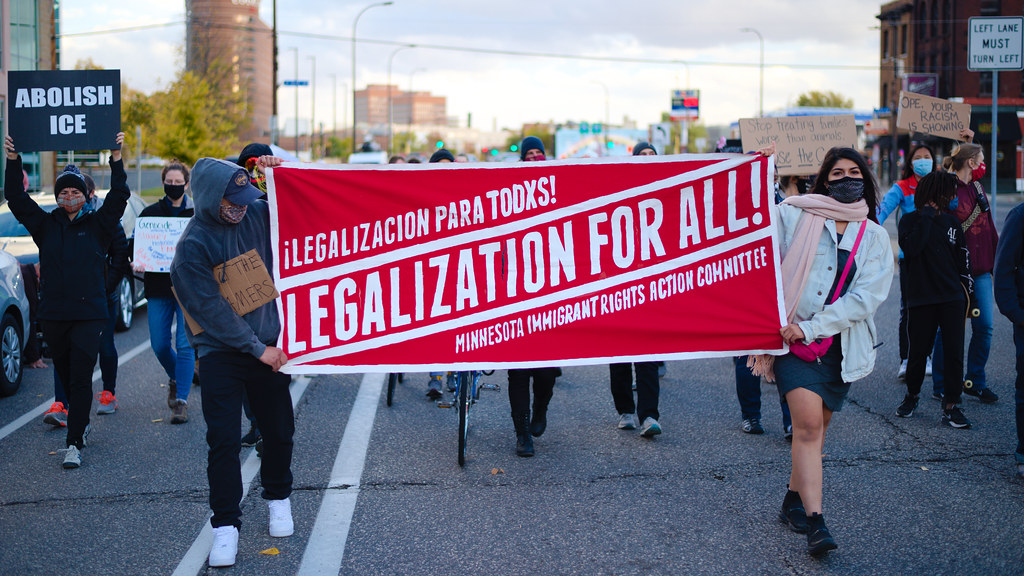 In the latest clash between the Trump administration and the judiciary—Milwaukee County Circuit Court Judge Hannah Dugan has been arrested by agents from the Federal Bureau of Investigation (FBI) for accusations of helping a man evade immigration authorities.
In the latest clash between the Trump administration and the judiciary—Milwaukee County Circuit Court Judge Hannah Dugan has been arrested by agents from the Federal Bureau of Investigation (FBI) for accusations of helping a man evade immigration authorities.
This all went down on Friday April 25th after allegations that the judge directed an undocumented immigrant and his lawyer to exit her courtroom through a side door after learning that federal immigration agents were waiting in the hallway to arrest him.
Upon being spotted by agents outside the courthouse, the man was pursued on foot and was ultimately taken into custody.
These actions have prompted a showdown over allegations of obstruction of justice amid Trump’s immigration crackdowns. The U.S. attorney general Pam Bondi has accused the judge of interfering with the government’s enforcement priorities claiming the arrest sends a “strong message” to judges that they will be prosecuted if they “escort a criminal defendant out a back door.”
The circumstances surrounding the judge’s arrest remain unclear. What is known is that six federal officers descended upon the Milwaukee County Courthouse to arrest Eduardo Flores-Ruiz, a Mexican national attending a court hearing to respond to battery charges in connection with a criminal complaint filed by his roommate.
 Visa Lawyer Blog
Visa Lawyer Blog










